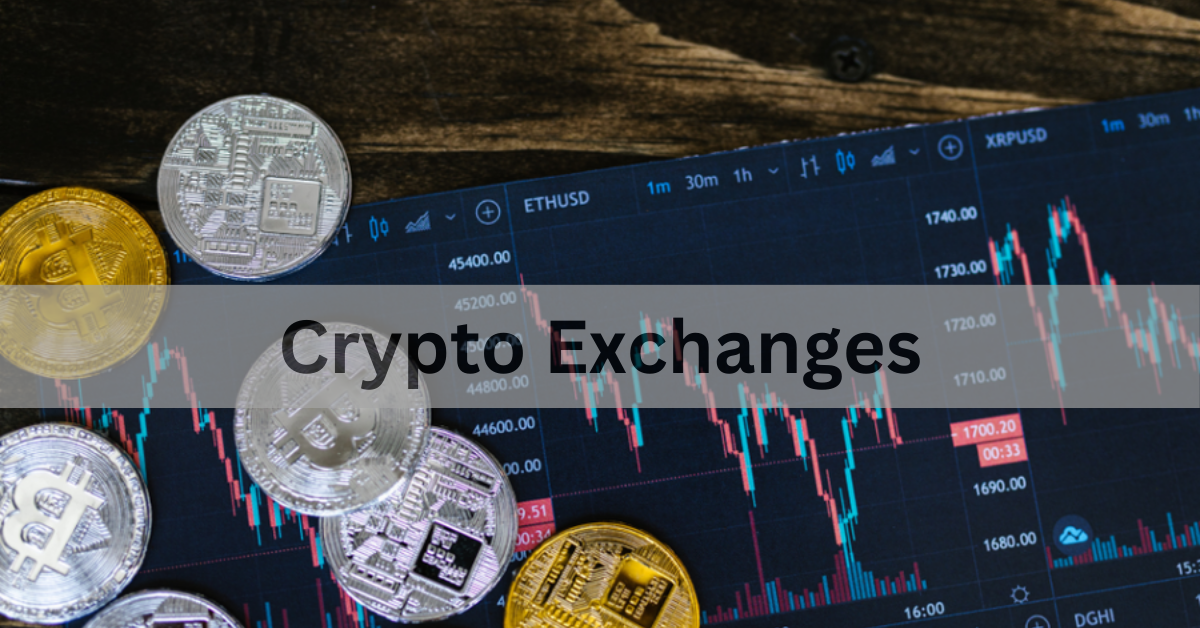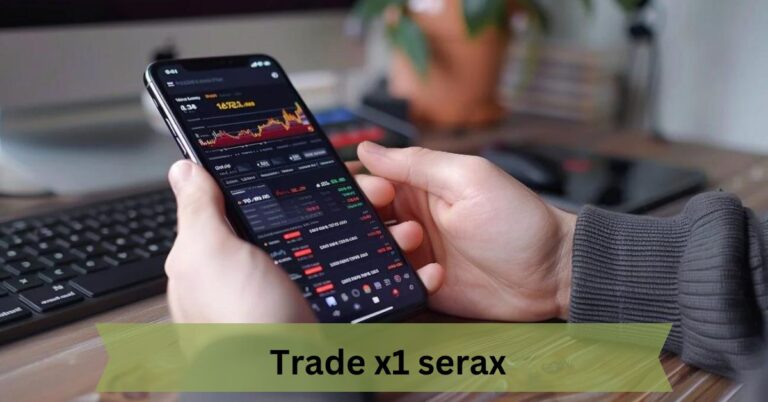Crypto Exchanges: A Comprehensive Guide to Trading Digital Assets
Crypto exchanges play a pivotal role in the cryptocurrency ecosystem, facilitating the buying, selling, and trading of digital assets. This article provides an in-depth overview of crypto exchanges, exploring their types, features, security measures, and factors to consider when choosing a platform.
Understanding Crypto Exchanges
1. What are Crypto Exchanges?
Crypto exchanges are online platforms that enable users to trade cryptocurrencies and digital assets. They function similarly to traditional stock exchanges but exclusively deal with digital currencies like Bitcoin, Ethereum, and altcoins.
2. Types of Crypto Exchanges
- Centralized Exchanges (CEX): Operated by companies that manage trading platforms and hold custody of users’ funds. They offer liquidity, ease of use, and a wide range of trading pairs but require users to trust the exchange with their assets.
- Decentralized Exchanges (DEX): Built on blockchain technology and operate without a central authority. DEXs enable peer-to-peer trading through smart contracts, providing greater privacy, security, and control over assets but may have lower liquidity and user interface complexity.
Key Features of Crypto Exchanges
1. Trading Pairs and Liquidity
Crypto exchanges support various trading pairs, allowing users to exchange one cryptocurrency for another or for fiat currencies like USD or EUR. Liquidity refers to the ease of buying or selling assets without affecting their price.
2. Security Measures
- Cold Storage: Many exchanges store a significant portion of users’ funds offline in cold wallets, enhancing security against hacking attempts and cyber theft.
- Two-Factor Authentication (2FA): Users can add an extra layer of security to their accounts by requiring a second form of verification, such as a mobile app or hardware token.
- Insurance: Some exchanges offer insurance coverage to protect users’ funds in case of security breaches or operational failures.
Choosing the Right Crypto Exchange
1. Security and Reputation
Prioritize exchanges with strong security protocols, a history of secure operations, and positive reviews from users and industry experts.
2. Fees and Trading Options
Compare fee structures, including trading fees, withdrawal fees, and deposit methods. Consider the availability of trading options, such as spot trading, margin trading, and futures contracts.
3. User Experience and Interface
Evaluate the exchange’s user interface (UI) and user experience (UX). Intuitive platforms with robust features, real-time charts, and order execution tools enhance trading efficiency.
4. Regulatory Compliance
Choose exchanges that comply with regulatory requirements in your jurisdiction. Regulatory compliance promotes transparency, investor protection, and legal certainty.
Popular Crypto Exchanges
1. Binance
Binance is one of the largest centralized exchanges globally, offering a wide range of cryptocurrencies for trading, competitive fees, and advanced trading features.
2. Coinbase
Coinbase is a popular exchange known for its user-friendly interface, strong security measures, and regulatory compliance. It supports a variety of cryptocurrencies and provides educational resources for beginners.
3. Uniswap
Uniswap is a leading decentralized exchange (DEX) built on Ethereum, facilitating token swaps through automated liquidity pools. It emphasizes decentralization, privacy, and community governance.
Security Tips for Crypto Exchange Users
1. Use Strong Passwords and 2FA
Protect your account with complex passwords and enable two-factor authentication (2FA) to prevent unauthorized access.
2. Verify Addresses
Double-check wallet addresses before making transactions to avoid sending funds to incorrect recipients.
3. Withdraw to Cold Wallets
Store large amounts of cryptocurrencies in secure cold wallets offline rather than leaving them on exchanges.
Conclusion
In conclusion, crypto exchanges are essential platforms for trading digital assets, offering liquidity, security, and diverse trading options to users worldwide. Whether choosing a centralized exchange for convenience or a decentralized exchange for enhanced privacy and control, understanding key features and security measures is crucial for safe and efficient trading in the cryptocurrency market.




